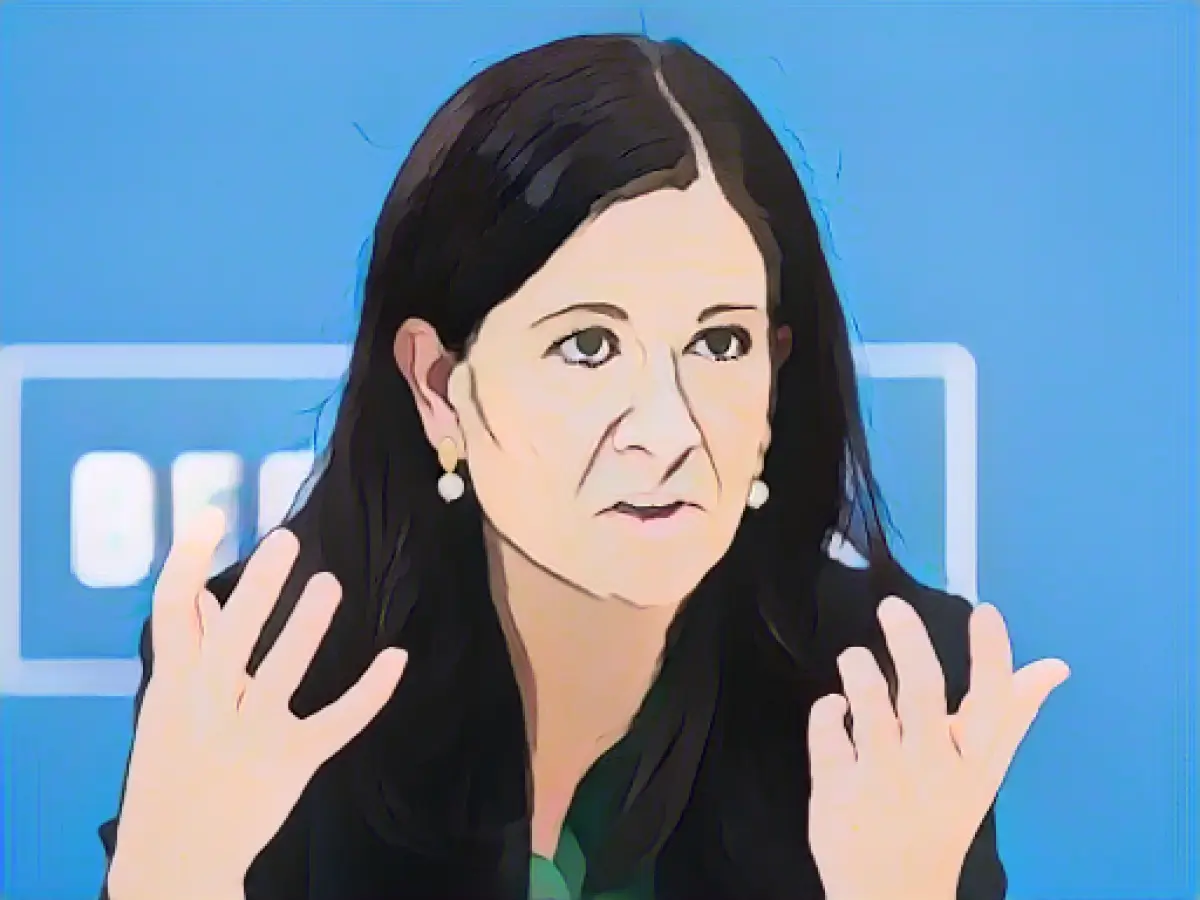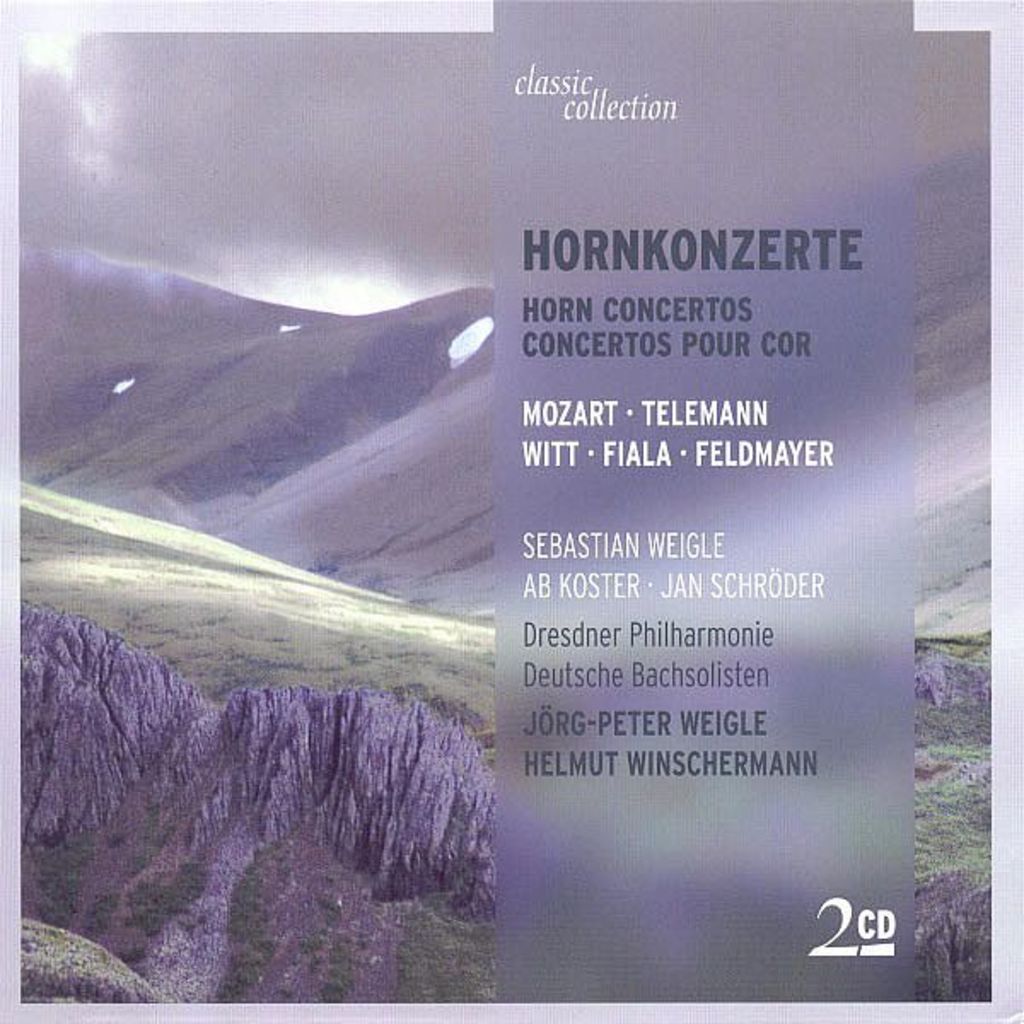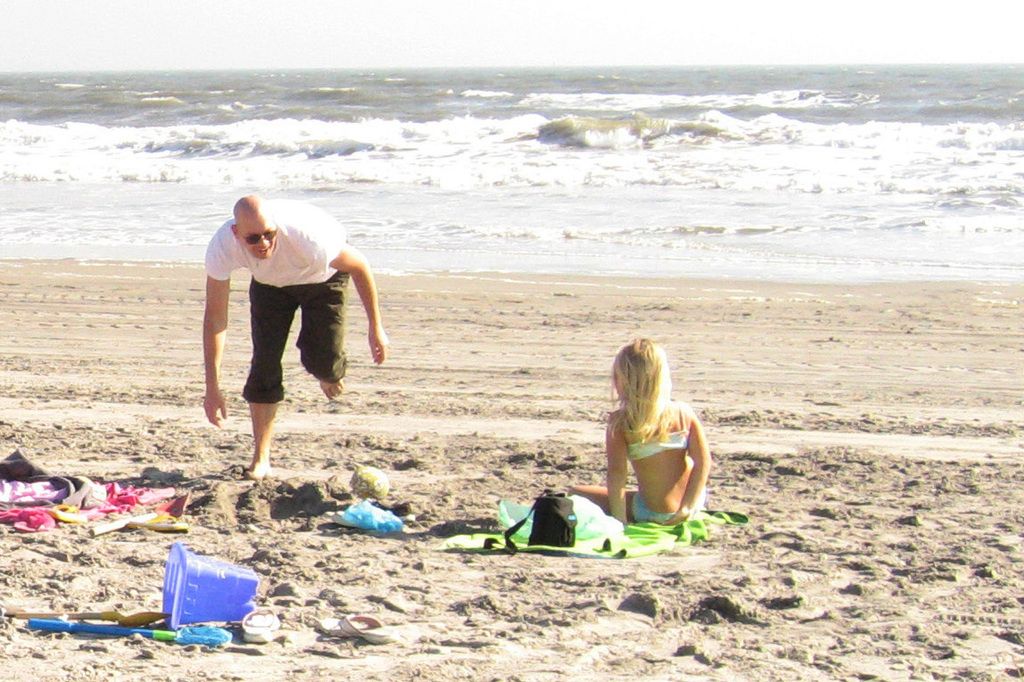Refugee Education Boost with School Places in Berlin Shelters
In light of a space shortage at conventional schools in Berlin, hundreds of young refugees are set to receive education directly within the large Tegel and Tempelhof refugee accommodation centers. Catering to this, SPD Senator for Education Katharina Günther-Wünsch announced the integration of welcome classes after a Senate meeting on Tuesday.
"We're failing to fulfill our constitutional duty to grant refugee children and youth the right to education," stated the Senator. Introducing welcome classes at central locations is, therefore, an essential step forward in preparing young immigrants for regular school attendance.
Refugee Children and Youth in Accommodation Centers
As per the Senator, approximately 560 school-aged children and young people reside in the Tegel accommodation, which is primarily made up of lightweight halls. Only about 20 to 30 are housed at Tempelhof.
The plan is to launch 288 school places in Tegel this year, with the intent to expand the number to around 430 by mid-2023. The education administration is also eyeing spaces in the former Air Berlin building on Saatwinkler Damm.
Hiring Foreign Teachers
Plans for interviews with 50 teachers, both newcomers and those already teaching in welcome classes, are in the pipeline. The aim is also to employ teachers with foreign qualifications, starting primarily with specialists from Ukraine in collaboration with experienced German colleagues.
Berlin reportedly maintains a waiting list of around 900 school-age refugees due to a lack of available spots at district schools. However, the Senator emphasized that these provisions are not a long-term solution but temporary measures for refugees under the age of 18.
Partnerships with Regular Schools and Organizations
Legally, these centralized welcome classes will hold the same status as a center location of a regionally managed school. The ambitious plan involves teaming up with regular schools and clubs, as well as independent organizations, to inscribe sports activities, arts, music, and science classes for refugee children.
The Senate intends to boost the number of school places in Tegel refugee accommodation from 288 to approximately 430 by mid-2023 based on the influx of school-aged refugees. (Senate, Teachers, Migration, Refugees)
Employing Foreign Teachers with Relevant Qualifications
Berlin aims to employ foreign teachers with specialized qualifications, particularly from Ukraine, as part of its plan to offer education in the Tegel and Tempelhof refugee accommodation centers. (Senate, Education, Refugees, Migration)
With a concerted effort from regular schools, clubs, and independent organizations, Germany can effectively support refugee children's education within these temporary facilities. In collaboration with local schools, vocational guidance, and language support can be provided, helping refugees integrate into the education system and their new community.
Community engagement involves initiative from clubs and organizations, where they can offer extracurricular activities and cultural events for these young refugees, ensuring a smoother transition to their new environment. Furthermore, volunteer programs can help provide emotional and educational support, making the acclimation process more bearable for the refugee children.
To ensure proper implementation of the Senate's plan, inter-agency cooperation is key, facilitating information dissemination and resource sharing among the different stakeholders involved. Lastly, capacity building, including training workshops and resource development, will empower teachers, volunteers, and community members to effectively meet the needs of refugee children.
- European Commission. (2016). Joint declaration on integration and inclusion strategies for refugee and migrant children in schools in Europe. Retrieved from
- Unicef.uk. (2019). Equity in Education for Refugee and Asylum-seeking Children. Retrieved from








